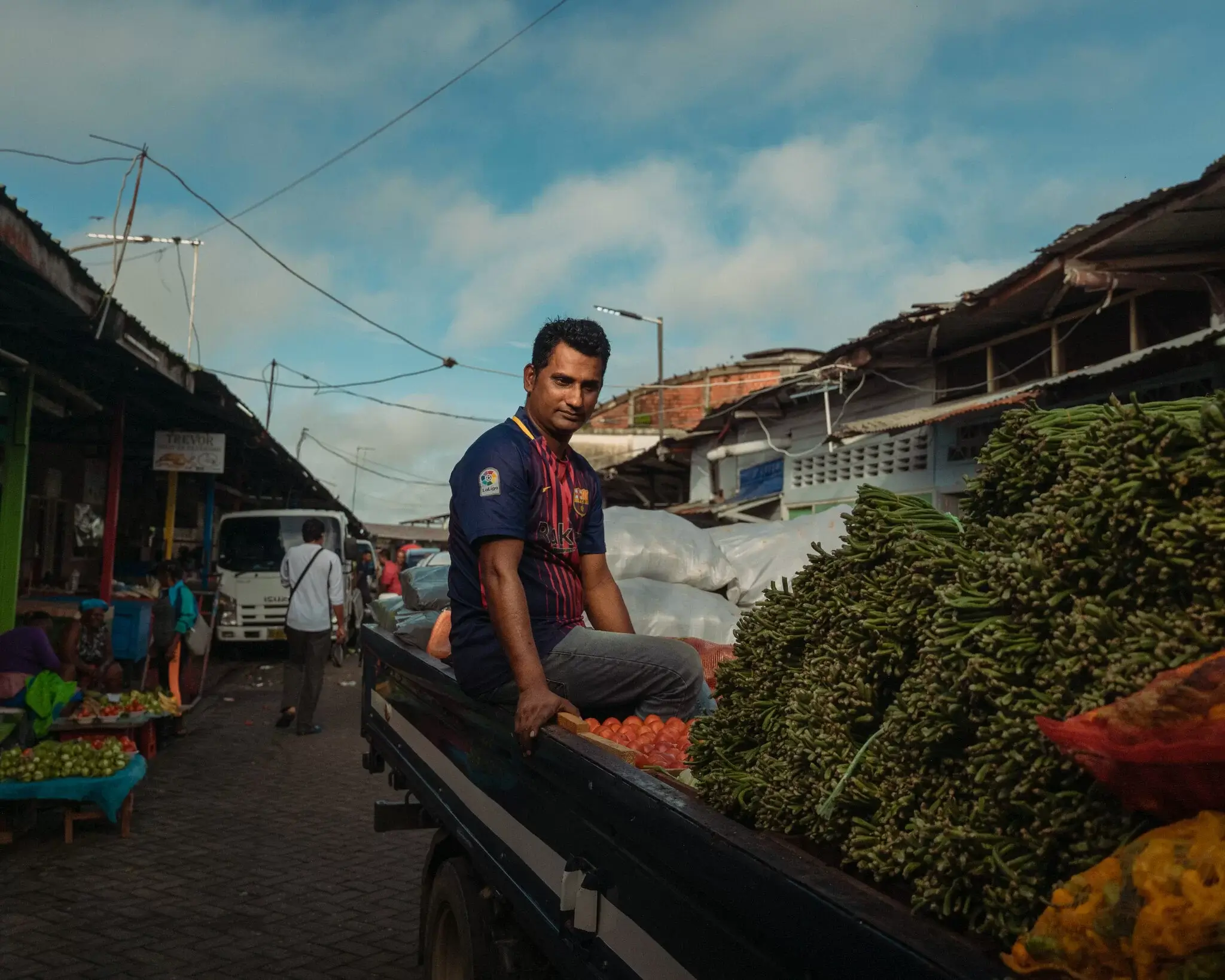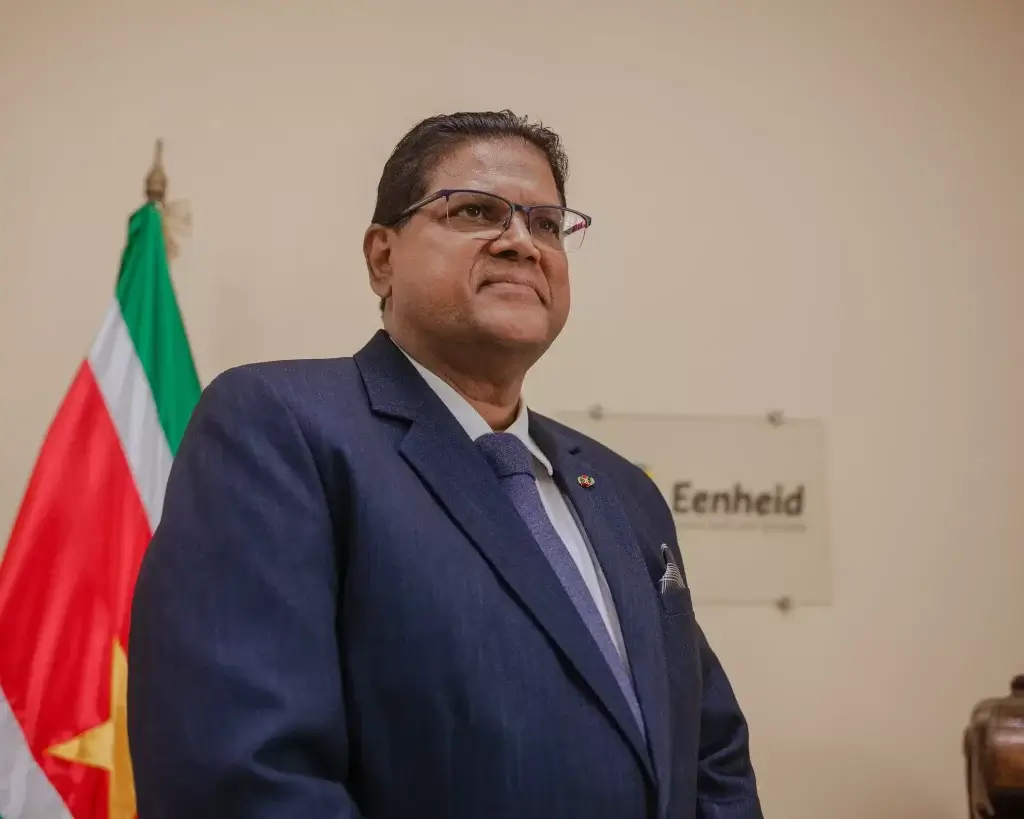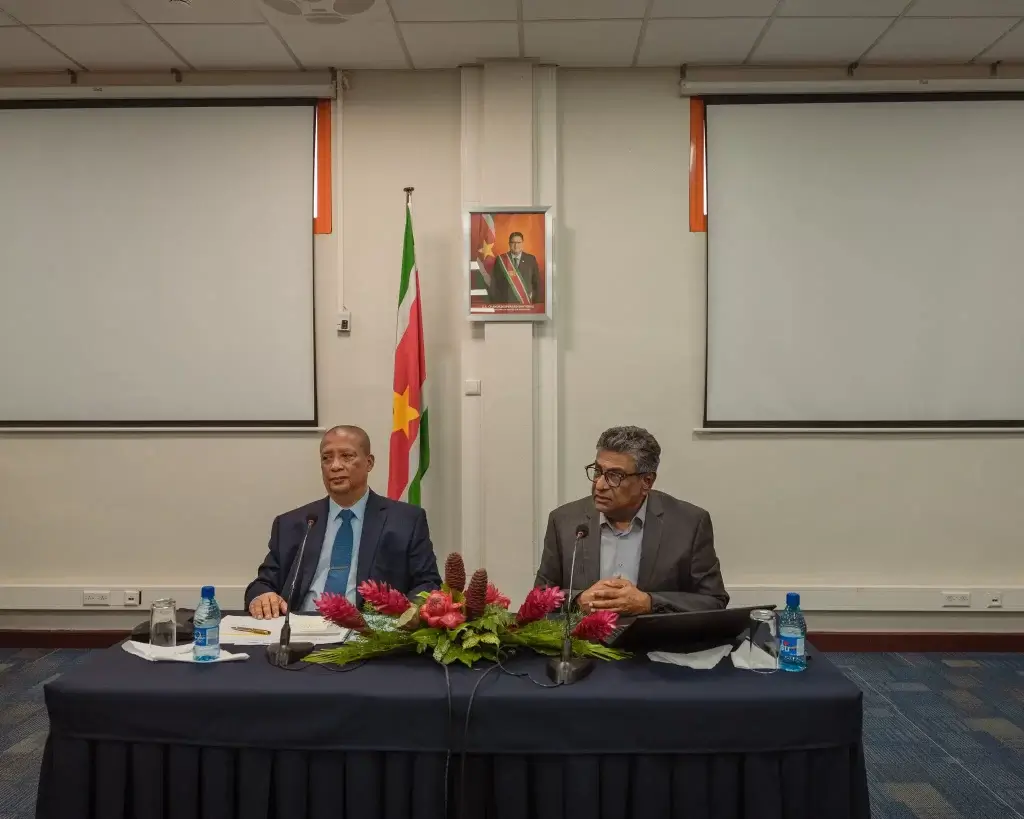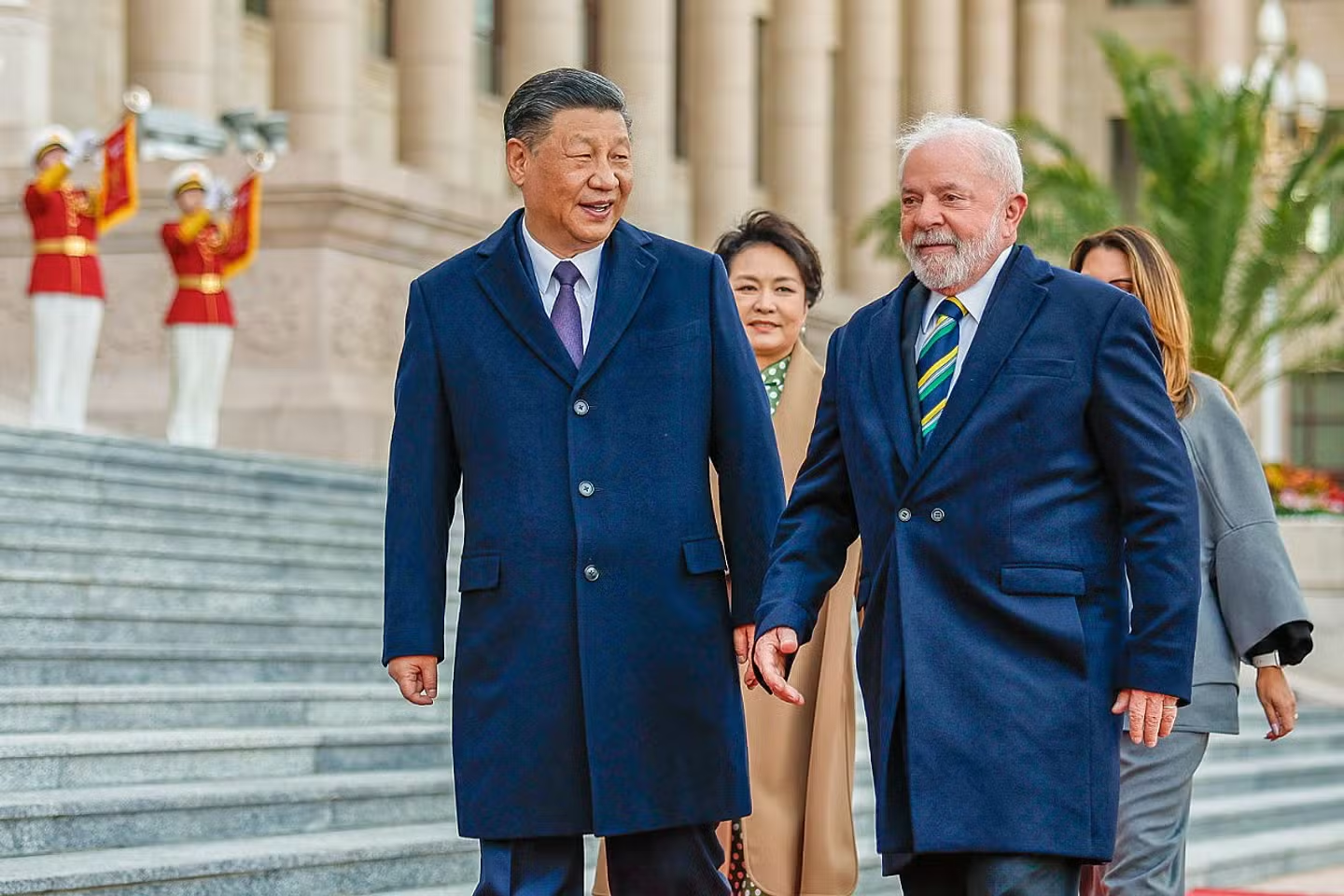Trapped in the Crossfire of the U.S.-China Rivalry

Photographs by Adriana Loureiro Fernandez
Peter Goodman, who covers the global economy, reported from Paramaribo, Suriname, and surrounding communities.
Inside his capacious office, his tan curtains drawn against the tropical sun, the president of Suriname expressed sympathy with the striking teachers who were massing outside, taunting him while demanding higher wages.
Three years of unmitigated catastrophe has destroyed spending power in this South American country — the result of global crises landing atop decades of profligate governance. Food and fuel prices have soared, worsened by Russia’s war on Ukraine. The national currency plunged, and the economy cratered just as the pandemic spread death and fear.
“The heavy burden on my people,” President Chandrikapersad Santokhi declared, gave him a “moral responsibility to provide relief.”
Yet he had little to offer. The fortunes of his country of 600,000 people were caught in the geopolitical crossfire, its access to aid delayed by the conflict between the United States and China.
The following week, a delegation from the International Monetary Fund would arrive from Washington to prod Mr. Santokhi’s administration to advance a round of spending cuts. Budget austerity was the central requirement for the fund’s rescue program — a three-year, $690 million package of low-interest loans designed to give Suriname the wherewithal to continue payments on $2.4 billion in foreign debts.
The I.M.F. and its most influential participant, the United States, also wanted something else: They were adamant that Chinese creditors restructure $545 million in debt — loans Suriname had used to build roads and housing.
The challenges facing Suriname illustrate one of the new complexities in global finance. As scores of middle- and lower-income countries grapple with an intensifying debt crisis, assistance is often held up by conflict between traditionally dominant Western institutions and a significant rising player: China.
In decades past, the International Monetary Fund — a central component of the liberal democratic order forged by the United States and its allies at the end of World War II — was the only source of cash for nations that struggled to pay their bills. China has since emerged as a major lender for countries from Asia to Africa to Latin America. Its financial institutions dispense loans accompanied by few demands, providing an alternative to the austerity prescribed by the I.M.F.
But as strapped governments negotiate with creditors to diminish their debt burdens, the I.M.F. and the Biden administration have balked at providing relief until Chinese financial institutions participate. Otherwise, they assert, Chinese lenders are free-riding on debt forgiveness extended by others.
“China now needs to step up as a constructive force in assisting debt-stressed countries,” Jake Sullivan, the U.S. national security adviser, said during a speech in April at the Brookings Institution.
Yet an increasingly assertive Chinese government has refused to bow to Washington — not to the I.M.F., and not to its largest shareholder, the United States.

“The heavy burden on my people,” President Chandrikapersad Santokhi of Suriname declared, gave him a “moral responsibility to provide relief.”

The I.M.F. gives some parameters relating to the debt relief, but for us I think it is not binding,” said a Chinese diplomat in Paramaribo, Suriname’s capital, who spoke on the condition of anonymity so he could speak openly. “China will negotiate only with the Surinamese government.”
Read full article on the New York Times.









